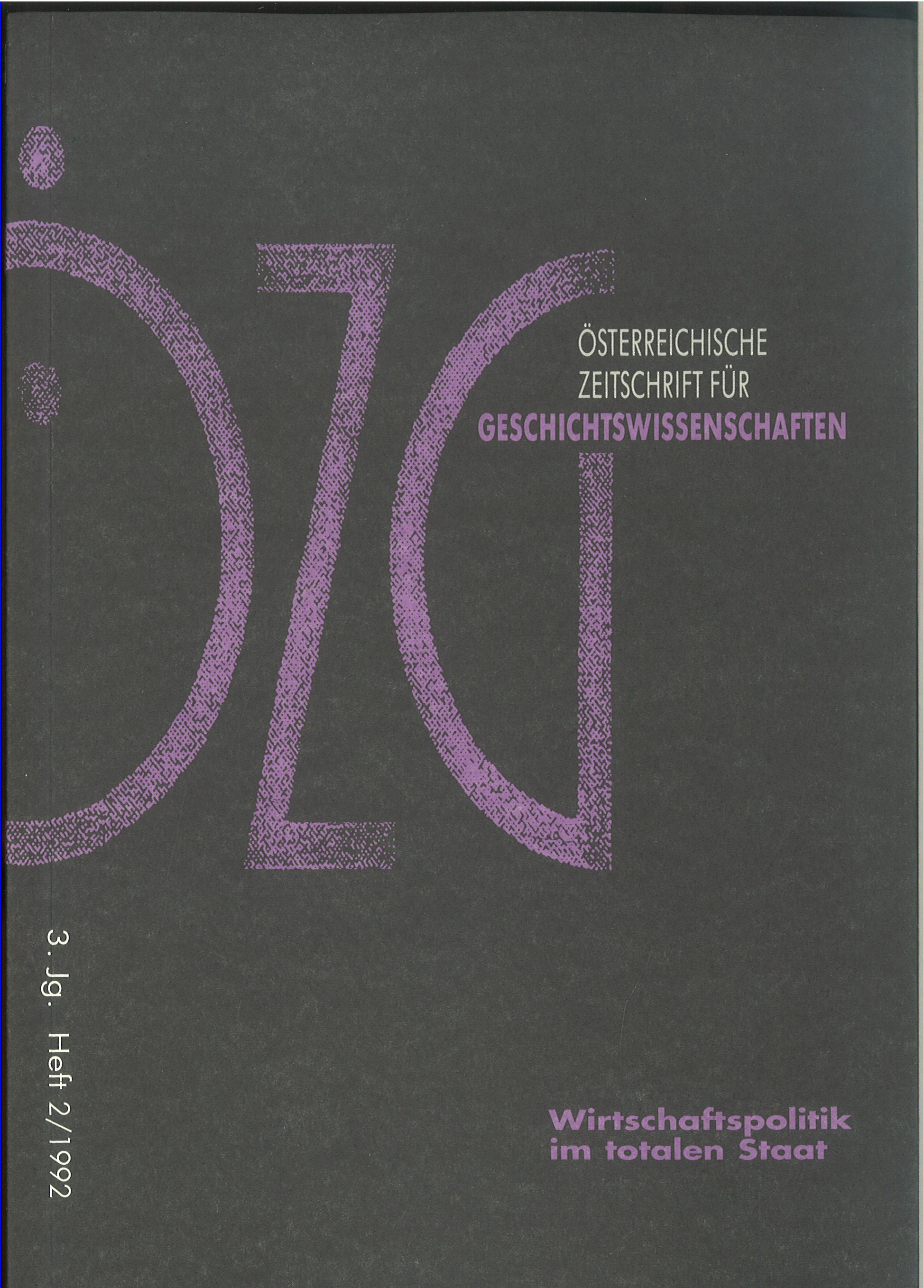„Unsere besten Bauern verstehen manchmal unsere Worte schwer!“
Anspruch und Praxis der NS-Bodenpolitik im burgenländischen Bezirk Oberwart
DOI:
https://doi.org/10.25365/oezg-1992-3-2-4Abstract
Frustrated by their debts and out of opposition to the authoritarian Catholic government many protestant farmers in the district joined the illegal NSDAP after 1930. They hoped for debt-relief, subsidies and a land-reform program, hopes that were not to be fulfilled. After the ,Anschluß' in 1938 all large farms were declared „Erbhöfe“, i. e. to constitute impartible, unmortgagable property of the „Sippe“ - a revived germanic concept similar to a clan - within which the property was to go to the next male relative. This resulted in the immediate coll.i.pse of agrarian credit markets. In Burgenland - with its partible-heritage tradition - thousands of second- and later-born children left for industrial regions, causing a severe shortage of labour during harvest time. In many villages up to a 100 percent of the farmers signed up for the debt-relief programs, only to withraw their application for fear of the severe economic regulations that went with it. Small and part-time farmers did not qualify for the program. Although many manorial estates were taken over by the Deutsche Ansiedlungsgesellschaft (German Settlement Society) for land-reform purposes, the land was never distributed among farmers. Nazi agicultural policy did not - and as some authors claim never was really meant to - achieve its propagated goals, having been designed as a means to control agrarian production and adjust it to the needs of German military industry. Only mechanisation and enforced product specialisation had lasting effects on post-war agricultural developments.


